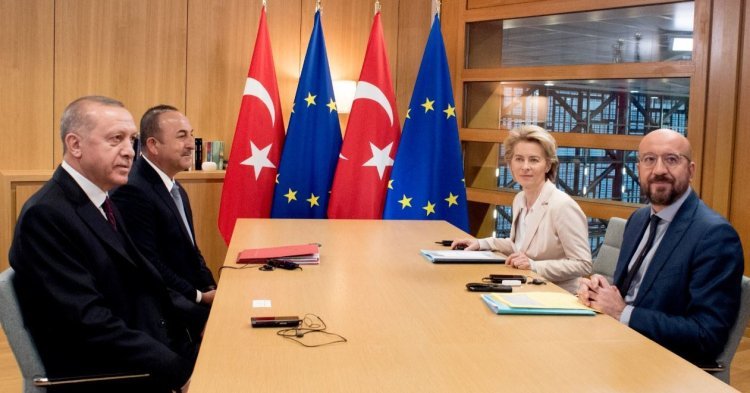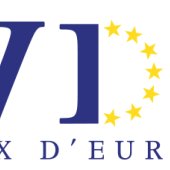On February 28th, Turkey announced it would no longer prevent migrants who had settled on Turkish soil from travelling to the European Union. On the wake of said announcement, Athens called for concrete and swift measures, as well as strong European support to address this new migration crisis.
This policy of “migrant detention” at the Turkish border dates back to the agreement overwhelmed EU signed with Ankara in 2016. Any migrant not in need of international protection or caught in Turkish waters would be allowed to enter the continent. In return, the EU committed itself to lifting visa restrictions for Turkish nationals entering the Schengen area , subject to an evaluation of Turkey’s actions to combat the transit of migrants. In other words, Ankara had to inhibit migrants as much as possible from reaching Europe’s border so as to benefit from European remittances.
On Friday 28 February, Turkey stopped honouring its half of the agreement.
A delicate position for the EU
As an immediate consequence, Greece and in particular, the ’gateway’ islands of Lebos, Samos and Chios, quickly became overcrowded and descended into riots and social unrest. Greek Prime Minister Kyriakos Mitsotakis, raised the level of deterrence at the borders, deploying over 4 000 soldiers, police officers and drones, and 52 ships, including military vessels.
Europe’s response was not long in coming. On Tuesday 3 March, the so-called ’four presidents’ - Ursula von der Leyen, of the European Commission; Charles Michel of the European Council (EUCO); David Sassoli of the European Parliament; and Andrej Plenković of the Council of the European Union, made a public appearance in Athens, in which they tried to show inter-institutional unity. The task, however, wasn’t easy: offering Greece some proper support without picking a fight with Ankara.
On March 9th , Recep Yayyip Erdoğan was awaited in Brussels, in what was hoped to provide a way out of the diplomatic crisis. The existing mechanisms, he claimed, were not functioning well and ought to be reexamined, since the EU was not keeping its promises. At the same time, Ankara feared that the Moscow-backed Syrian regime’s offensive against the province of Idle - the last rebel stronghold in Syria - might push a million people towards its territory.
Turkey has, therefore, done what it knows best: pressure the EU, which it knows dreads a revival of the 2016 migration crisis, and use this to their advantage.
Turkish blackmail
The ’four leaders’ do not, in principle, oppose talking about money with Ankara. What they do resent, however, is Turkey’s blackmail.
Kyriakos Mitsotakis was the first European leader to make this clear, when he argued that Turkey’s behaviour ’violated’ the 2016 agreement. He was quickly joined by other European heads of state and ministers. French Foreign Minister Jean-Yves Le Drian, for example, told his country’s National Assembly that ’Turkey’s use of migrants as a means to pressure and blackmail Europe’ was ’absolutely unacceptable’. Angela Merkel, usually characterised by her moderation, did not bite back either, claiming she agreed with Le Drian’s statement. Austrian Chancellor Sebastian Kurz, spoke of “an attack (...) against the EU and Greece.”
Von der Leyen assured Athens of her support, and in fact sent soldiers, warships, helicopters and medical equipment to help keep stabilise Greece’s borders. According to Mitsotakis, one solution would be to spread the migration effort across European countries, each of them agreeing to accommodate migrants. However, the issue divides Europeans, who have not forgotten the violence of the 2015 migration crisis and now value ’firmness at the borders’, according to Les Echos.
Europe - and more specifically, Berlin – says it is ready to make a financial effort, adding €500 million to the €6 billion it had already pledged four years ago. The precondition is that Ankara must keep migrants away from the Greco-Turkish border, the European Commission insists.
The Covid outbreak has, of course, overshadowed everything else. Yet this does not mean migration - or Turkey’s breach of the 2016 agreement - should be forgotten. A confined Europe must most certainly resume its negotiations with Turkey, but only after it is on its way out of the current pandemic.




Follow the comments: |
|
